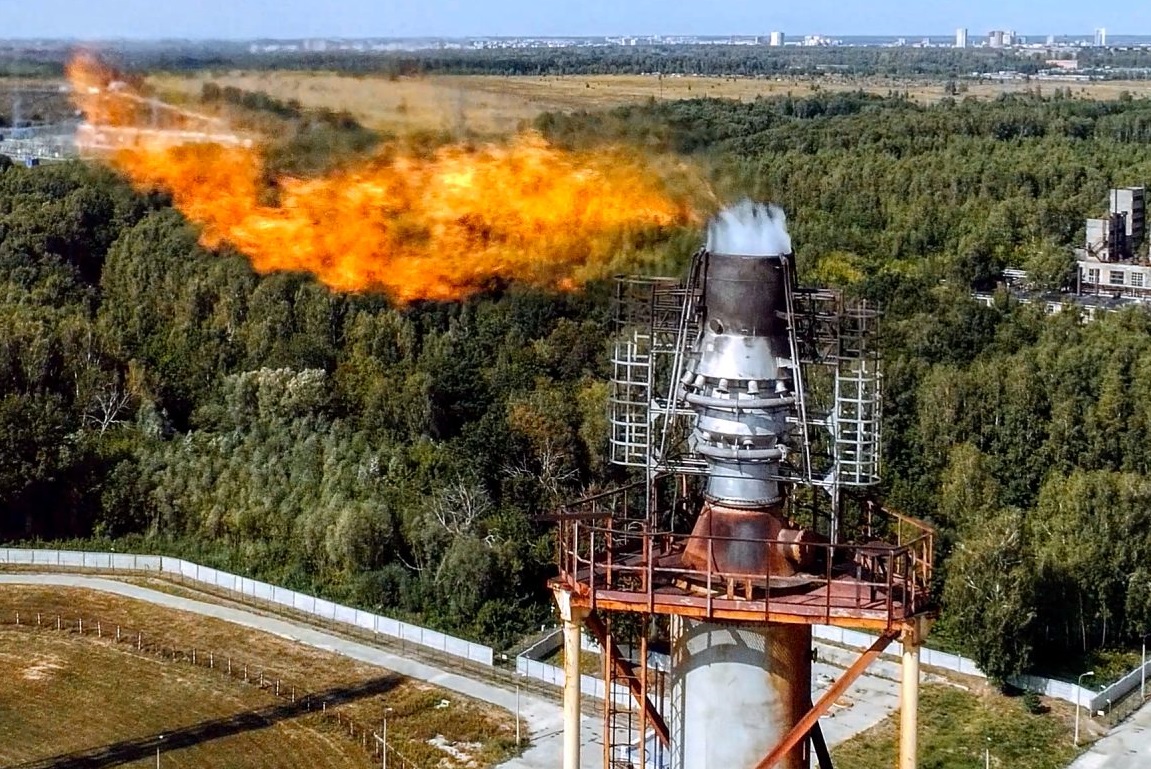11 Dec 2024

Tired Earth
By The Editorial Board

Global leaders are looking for ways to keep alive the objective of maintaining global warming below 1.5 °C relative to pre-industrial times.
At the 28th world climate conference in Dubai, the COP28, which takes place from 30 November to 12 December, they are once more focusing on methane – which is 80 times more potent than CO2 on a 20-year basis.
“Reducing methane emissions is crucial for meeting our 1.5-degree commitment under the Paris Agreement,” stressed European Commission President Ursula von der Leyen on Saturday (2 December).
German Chancellor Olaf Scholz said that “reducing methane emissions from the energy industry can be done simply and cheaply” while US climate envoy John Kerry explained that tackling methane emissions is the “easiest, quickest, cheapest, simplest” way to combat climate change.
Action on methane started in 2021 with the voluntary pledge to slash the second-biggest greenhouse gas – contributing one-third of global warming – by 30% until 2030. Meeting the global target could keep the planet 0.2 °C cooler by 2050.
Two years after the pledge was signed, the world is slowly starting to tackle the easiest methane emissions to reduce: those from the energy sector. Methane that leaks from coal, oil, and fossil gas production amounts to about one-third of human methane emissions – the rest is agriculture, waste and other streams.
Top politicians, wealthy businessmen and fossil majors in Dubai announced a slew of measures to begin the process of duct-taping these leaky pipes.
The COP’s host country, the United Arab Emirates, leveraged ties to fellow petrostates to commit 50 oil and gas majors, 29 of them national corporations, to cutting methane emissions down to “near zero” by 2030 – and eliminating routine flaring.
When gas wells surge, threatening operational security, operators often opt to burn off the superfluous gas, releasing some into the atmosphere in the process. This is one of the key levers to tackle emissions from the sector, amid higher quality compressor seals.
Turkmenistan and Kazakhstan, who boast some of the highest per-capita emissions in the world, joined the voluntary 2021 pledge. But China, India, and Russia remain outside the agreement.
That same day, the US Environmental Protection Agency adopted stricter rules for its energy sector, which it says will cut emissions by 130 million tons of CO2 equivalent a year in 2030. The EPA also wants to cut routine flaring.
Bloomberg Philanthropies, the International Energy Agency and others launched a methane surveillance programme to ensure countries and companies kept to their pledges.
Pledges of fresh money to tackle methane emissions totalled more than €1 billion, as per the NGO Clean Air Task Force’s count. There had been a “fundamental mismatch between the importance of cutting methane emissions” and the “funding available”, said CATF’s Jonathan Banks, adding that pledges contributed to eliminating it.
The EU, for its part, contributed €175 million as part of an initiative called the “Methane Finance Sprint. “Today’s Summit sends a powerful signal. There has been so much action in recent months,” said von der Leyen.
In the lead-up to COP28, China adopted rules to begin tracking methane emissions – although it failed to adopt a clear phase-down trajectory.
Europe adopted rules to tackle energy sector methane leaks in November as well – with a global dimension, as the rule will apply to imports in the late 2020s.
The €1 billion pledged may not go far enough, though. Based on the International Energy Agency’s net-zero projections, €75 billion would be needed to sufficiently cut methane emissions in the energy sector by 2030 to stay on track for 1.5 °C.
Fig leaf for fossil majors?
The lack of stringency in their commitments, and the lack of funding amid record profits posted by oil and gas majors, has provoked some ire among activists.
“We need legal agreements, not voluntary pledges,” said NGO Oil Change International, who cautioned against getting “distracted.”
Others said the pledge does not improve on previous failed deals. “This Charter does not go beyond previous oil industry commitments under the Oil and Gas Climate Initiative (OGCI), which the industry has yet to deliver on,” explained Zero Carbon Analytics.
But there was some good in it, namely the inclusion of nationally owned companies – who are often crucial to the budgets of their respective governments. “It’s notable that the UAE got some nationally owned oil companies to make new commitments,” the NGO said.
Source : euractiv.com
Comment